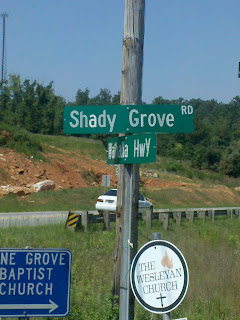Deconstructing Bazzle: Stolt-Nielsen and Class Arbitration (Part Three in a Series)
Third in a series of posts discussing the United States Supreme Court's decisions addressing arbitration, in the context of existing South Carolina case law and particularly the South Carolina Supreme Court's Herron decision. Previous posts are here and here . The Herron Result The South Carolina Supreme Court determined that the prohibition against class actions found in the parties' arbitration agreement was unenforceable because it conflicted with clear language in the Dealers Act allowing class actions. Because the arbitration agreement contained a severability clause ("[i]f any part of this Agreement shall be deemed or found unenforceable for any reason, the remainder of the Agreement shall remain enforceable"), the class action prohibition would be stricken from the agreement and the case could go forward in arbitration. However, the S.C. Supreme Court declined to compel the matter to arbitration, based upon a statement by counsel for Century at o...
